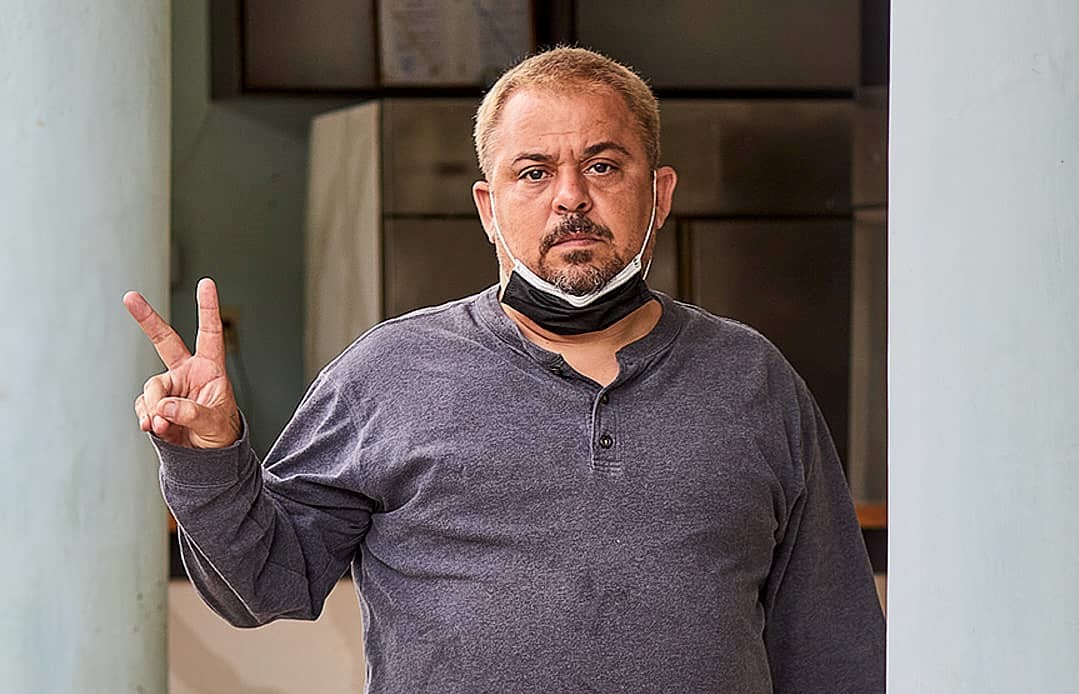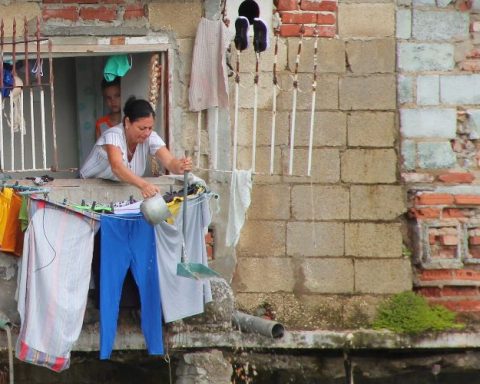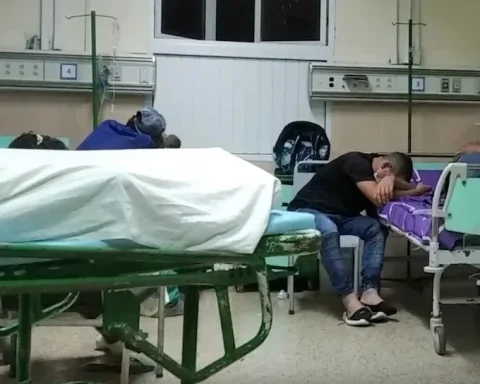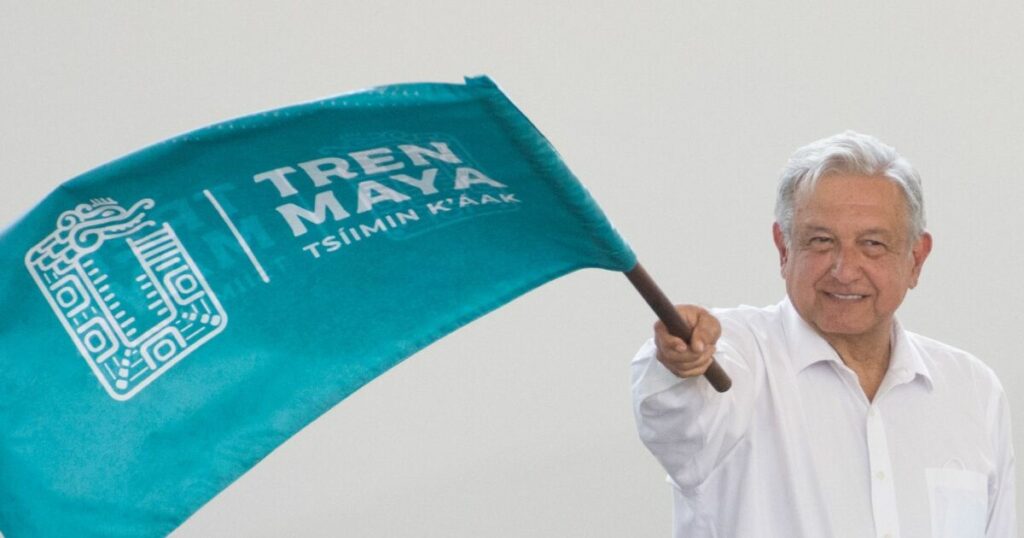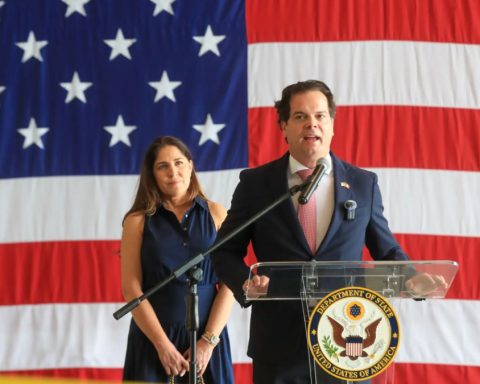Havana Cuba. — For an artist to be allowed to be one under a dictatorship like Castro’s, they are required to make ethical and conceptual concessions that undermine human dignity. Whether an artist is considered as such depends on the political criteria and the ideological assessment of the decision makers of socialist culture. As long as the artist shares the regime’s discourse, or pretends to do so, like the vast majority, he will receive the approval of the censor bureaucrats.
For the filmmaker Lester Hamlet, “it is no longer before”, as he called one of his most popular films. His complaint on social networks that he had been prohibited from returning to Cuba for the next five years put him in a dilemma: accept the pardon and forgetfulness that the authorities would grant him if he returned to the country or the support of his colleagues in the artistic sector and the applause of the admirers of his work.
The unusual speed to correct the “error” of an official, as well as the moderate and conciliatory tone of some defenders of the freedom of expression and movement of artists, caused astonishment.
Few Cubans believed in attachment and respect for constitutional rights that do not exist, evoked by a Minister of Culture such as Alpidio Alonsocapable of snatching a cell phone from an independent journalist so that he would not film the repressive act against a young man who was demonstrating peacefully in front of the institution he presides over.
Nor did anyone give credit to the opportunistic parody of Abel Prieto, who in 2006 prevented the return to Cuba of the writer Amir Valle and the poet and essayist Jorge Luis Arcos, condemning them to perpetual exile.
And even less did they believe in the doors of Cuba opened for Lester Hamlet by an unknown Miguel Sanada, who does not even have the authority to close and open the door of his house, assigned by the dictatorship.
Why didn’t Minister Alpidio Alonso appeal to the Constitution when another Cuban Hamlet, the visual artist Hamlet LavastidaWas he kidnapped by State Security at the Boyeros airport, upon his return to Cuba? What force majeure or cowardice silenced the paranoid Abel Prieto, president of Casa de las Américas, when Hamlet Lavastida was locked up for 87 days in the political police headquarters? Did any of those three gendarmes of Cuban culture —Alpidio Alonso, Abel Prieto and Miguel Sanada— try to prevent the banishment of the award-winning artist?
It matters little if some authorities of cultural institutions of the regime deny the veracity of the sanction against Lester Hamlet, assure that it was a misunderstanding, promise rectifications and assure that the director has the doors open to return whenever he wishes because, according to what they allege, cynically, assists the constitutional right to return to the country.
What a stash of fake bits of paper! Lester Hamlet knows that if he returns to the barnyard he’ll be ostracized…or jailed.
The reasons for this “democratic” behavior now feigned by the thought police in Cuba are not given by an opening towards freedom of opinion or movement, but by the unanimous support that Lester Hamlet received before the announcement of his exile and the rejection of many members of the artistic sector to the intolerance and limitations imposed by the regime.
Artists from different generations such as the singers Haydée Milanés and Ivette Cepeda and the actresses Tahimí Alvariño and Heydy González broke the barriers of fear and denounced the outrages of the Castro dictatorship, joining the claims of other renowned figures of Cuban cinema and television from the worth of Luis Alberto García and Ulises Toirac, among others.
A few years ago, these expressions of individual or collective freedom were unthinkable in the Cuban artistic community. But since the email war in 2007, the ban on the film Santa and Andrewthe exile of the filmmaker Juan Carlos Cremata, the imprisonment and subsequent exile of Hamlet Lavastida, and, above all, the pronouncements against the repression of the San Isidro Movement and the peaceful demonstrators of 27N, and the social outburst of July 11, 2021, the ruling leadership is scared and pretends to change its mind.
But those who know the intolerant and repressive nature of the regime are waiting for the pack of official disqualifiers against Lester Hamlet to be released, who will describe him as mediocre and deny his status as an artist after the director, who is already in the United States United, affirm that “Cuban society is broken and continues its march towards absolute mediocrity”, in addition to lamenting that, by going into exile, they will not be able to be a direct witness to the end of the dictatorship.
OPINION ARTICLE
The opinions expressed in this article are the sole responsibility of the issuer and do not necessarily represent the opinion of CubaNet.
Receive information from CubaNet on your cell phone through WhatsApp. Send us a message with the word “CUBA” on the phone +525545038831, You can also subscribe to our electronic newsletter by giving click here.
